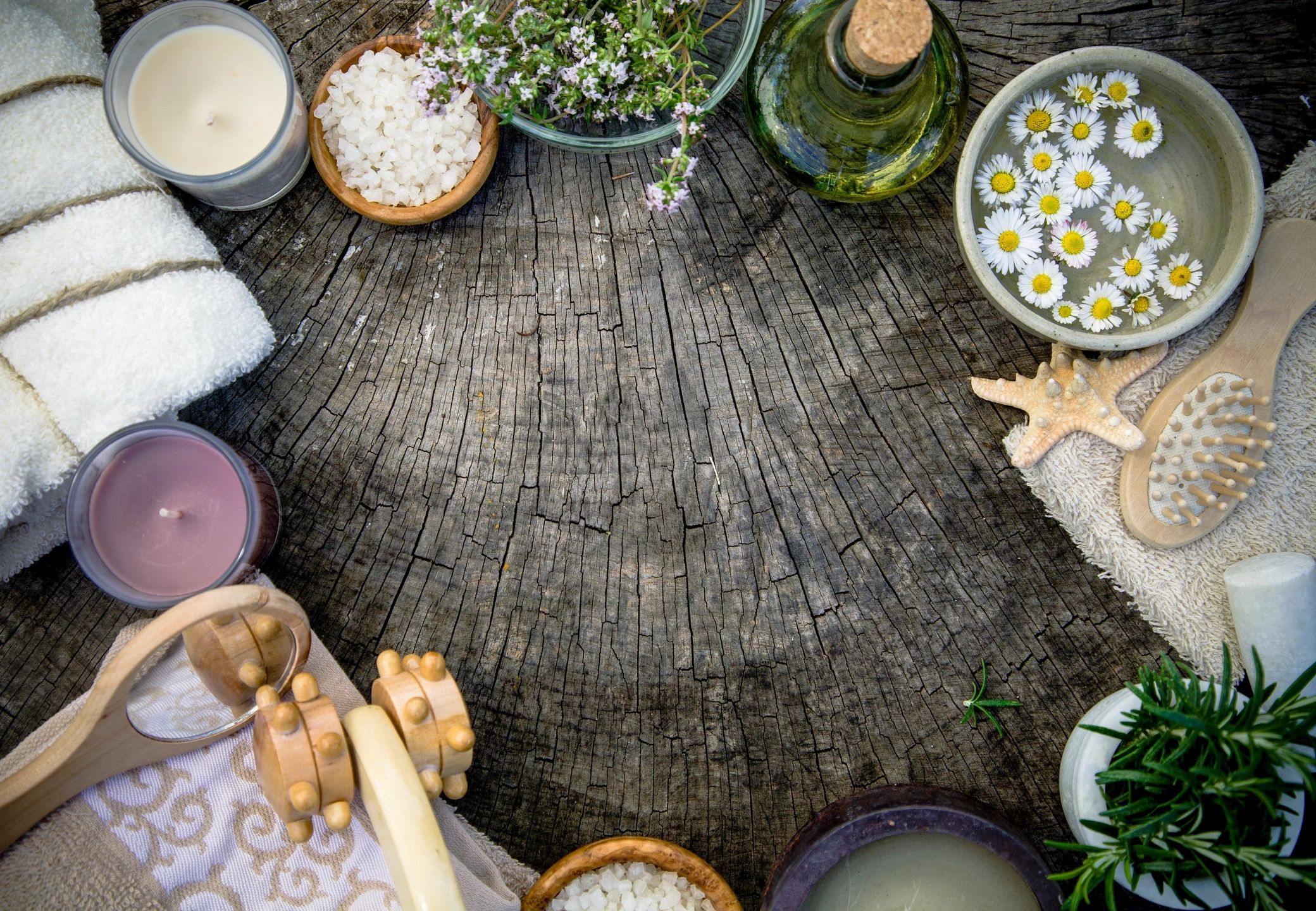Sonya Narla, DO
We’ve all had those nights where we struggle to wind down in the evening – whether that means staring at your glaring phone screen until midnight, running through 15 different mental checklists, or tossing and turning through the night. Practicing good sleep hygiene on a regular basis can help promote more restful sleep, which leads to more energy throughout the day. So what is sleep hygiene? Sleep hygiene is simply a term used to describe a set of good sleep habits. These good sleep habits can help to train your body and brain for better sleep.
- No screens at least an hour before bedtime. This means TVs, computers, phones, tablets, etc. Studies have shown that screen time within an hour of bedtime is associated with poorer sleep quality, later bedtimes, and less hours of restful sleep. It is possible that stimulation from bright screens disrupts the circadian rhythm (your internal clock) and causes increased alertness. If this seems impossible at first, start with 30 minutes before bed instead of a full hour.
- Increase physical activity during the day – but not too close to bedtime! Exercise during the day, afternoon, or early evening naturally makes for better sleep at night. Like screen time, exercise can be stimulating to the brain, so avoid exercising in the later evening hours.
- For adults, try to use the bedroom for sleep and sex only. No more working or watching movies in bed – doing these activities in the bedroom train your brain to think that the bedroom is a place to be alert, engaged, and well…awake. Instead, you want to train your brain that the bed is for sleep, winding down, and relaxing.
- Have a bedtime routine. The idea here is again about “training your brain” to associate your bedtime routine with sleep. Over time, your body will recognize the bedtime routine as a signal to relax and wind down. Some ideas to incorporate into a nighttime routine include a shower, skincare, reading a chapter of a book in the living room, using calming scents like lavender, or enjoying chamomile or other decaffeinated tea.
- If you can’t fall asleep after about 30 minutes in bed, leave the bedroom. Sit in another room while doing something relaxing, like reading a book or the newspaper (remember, no screens!), until you feel tired. Once you actually feel tired, return to bed.
- Try to keep your bedtime and wake up time consistent throughout the week.
- Keep your bedroom cool. Did you know that the ideal room temperature for restful sleep is thought to be between 60-68 F for most adults?
- Avoid caffeine, nicotine, and sugary snacks late in the day. This one’s obvious, and easier said than done.
- Alcohol is sneaky when it comes to sleep. While a glass of wine before bed may seem like it helps you fall asleep, it comes with a cost. Alcohol actually reduces the quality of sleep you get by decreasing REM sleep and interrupting your circadian rhythm (your “inner clock”), so that sleep is not as restorative.
- Avoid having pets in the bed with you. I cringed as I wrote this one, because I’m guilty of this myself. But having pets in the bed causes significant sleep disruption, as our furry friends make noises and movement throughout the night that wake us up multiple times (for example, a certain dog I know is guilty of stealing the covers at 1 am, walking across my face or stepping directly on my stomach at 3am, then barking at pigeons at 5 am…)
The Bottom Line: the sooner you start good sleep hygiene habits, the closer you are to training your brain for restful sleep.
Do any of you practice good “sleep hygiene?” Which ones do you find the hardest or most helpful? Let me know in the comments!

Avoiding screen time leading up to bedtime has been one of the hardest things for me. Although my situation is temporary, I can’t help but think about those people that regularly live alone.
I have found it helpful having the background conversation of my favorite TV shows often running leading up to bed. This has provided me the simulation of regular human contact at home and filling that void. I have found it so hard avoiding this, especially right before bed. We are social creatures, and living alone without regular human contact can be rather taxing on mental health. I suspect I’m not the only person living alone doing this…
What recommendations do you have for those people that are looking for some form of [pseudo]social interaction while living alone, especially in that time leading up to bed??
Ah, great question! Screen time is super tough, especially in the circumstances you describe. It’s not absolutely mandatory to practice every single sleep hygiene recommendation. Remember, progress not perfection! And I will also say that screen time like you are describing sounds more like background noise than a glaring screen in your face before bed, so I do think it is a little different. But one recommendation I have would be trying to switch to a podcast, audiobook, music, etc to avoid the “bright screen” issue.